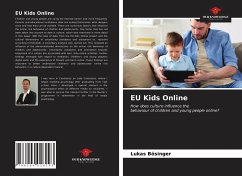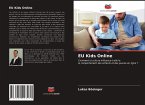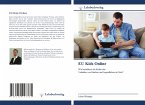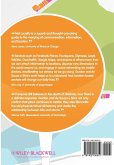Children and young people are using the Internet earlier and more frequently. Parents and educational institutions alike are asking themselves what dangers arise and how they can be avoided. There are numerous factors that influence the online risk behaviour of children and adolescents. One factor that has not been taken into account to date is culture, which was examined in more detail in this paper. With the help of data from the EU Kids Online project and the cultural dimensions of uncertainty avoidance and enjoyment vs. restraint according to Hofstede, a secondary analysis was carried out. This revealed an influence of the aforementioned dimensions on the online risk behaviour of children and adolescents: Uncertainty avoidance and orientation towards enjoyment of a culture are associated with less risky online activities. Further findings emerged with regard to mediation, children's and young people's digital skills and the experience of threats and harm online. These findings are important to better understand children's and adolescents' online risk behaviors in a culture-dependent manner.
Bitte wählen Sie Ihr Anliegen aus.
Rechnungen
Retourenschein anfordern
Bestellstatus
Storno








